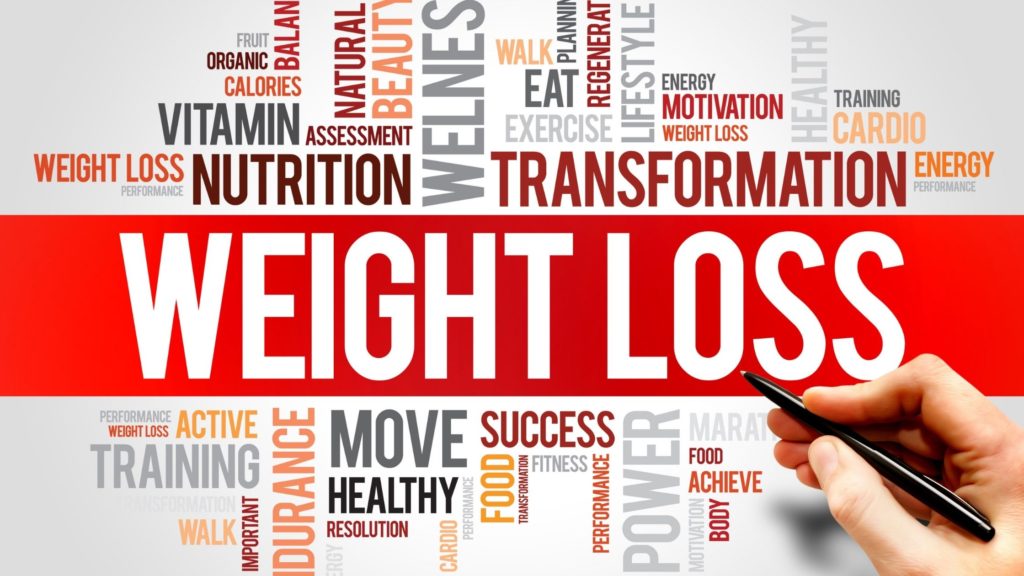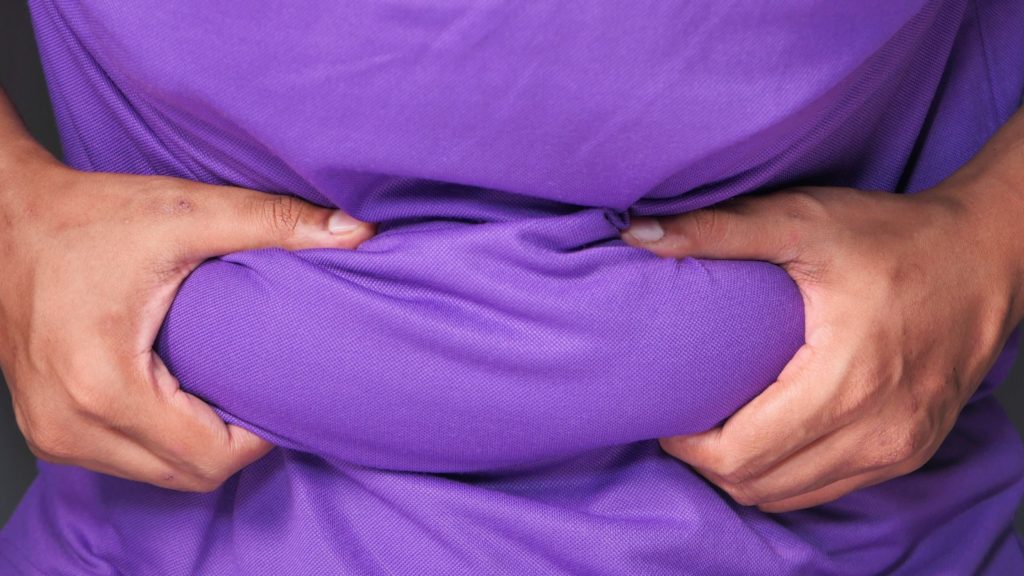
Weight-Loss; Can you lose 20 lbs in one month?
Losing that last 20 lbs is a goal for many individuals, but is it possible to do so in one month?
Although losing 20lbs may sound challenging, it is entirely achievable if you have the right strategy.
The best way to lose 20lbs in one month is to be in a calorie deficit. A calorie deficit diet means that you eat fewer calories than your body needs. A low-carbohydrate diet combined with intermittent fasting can help put you in a calorie deficit state.
Exercising is beneficial when it comes to losing weight, but what you eat is the most crucial factor for weight loss.
And we are here to help. Let’s dig deeper into which diets can help you lose that last 20lbs quickly and safely.
keep on reading to find out!

Low-carb vs. Low-Fat; Which is better for weight loss?
A study by The Journal of The American Medical Association in 2014 concluded that both a low-carbohydrate and alow-fat diet result in weight loss as long as they create a calorie deficit state.
However, a low-carbohydrate diet can switch your metabolic state to fat-burning, known as ketosis. By doing so, your body begins using its fat for energy, resulting in faster weight loss.
Intermittent Fasting:
Intermittent fasting is an eating regimen in which the individual cycles between periods of fasting and eating.
For example, in the 16:8 or time-restricted fasting, the individual fasts for 16 hours and has an eating window of 8 hours.
By fasting for 16 hours or more, you put your body in a calorie deficit.
However, It’s essential to note that intermittent fasting is best combined with a healthy diet in order to be most effective for weight loss.

The Ketogenic Diet:
A ketogenic diet can be considered a miracle diet by many who struggle with weight loss.
A ketogenic diet is a low-carbohydrate, high-fat, and moderate-protein diet that pushes the body into a state called ketosis.
The body switches its primary fuel source from sugar to fat in ketosis, resulting in incredible fat loss.
Intermittent fasting combined with a Ketogenic diet is the perfect weight loss tool for losing that last 20lbs safely and effectively.
The Mediterranean Diet:
The Mediterranean diet is inspired by cuisines such as Greece, Turkey, Italy, and Spain. It is a heart-healthy meal plan that includes lots of monounsaturated fats like olive oil, avocado oil, healthy fish, and plenty of leafy greens.
A Mediterranean diet is effective for weight loss and has many other health benefits like improved cardiovascular health.
The Paleo Diet:
Paleo is the diet of our ancestors.
The focus of the paleo diet is on eating foods that exist in nature, such as healthy organic meats and vegetables, and avoiding all processed, refined carbohydrates, sugar, and junk food.

Tips to lose those 20lbs faster!
- Practice intermittent fasting. Start with a 12-hour fast and gradually increase your time to 14 and then 16 hours.
- During your eating window, eat most of your calories early on. Don’t eat too late in the day and right before your sleep.
- Keep track. Do not under-report your calorie intake. Pay attention to how many calories you eat.
- Eat slowly: take 20-25 minutes to finish your meal.
- Don’t watch TV while eating; practice mindful eating.
Is weight loss surgery worth it? Click here to learn more.

Why aren’t you losing weight?
One of the main reasons individuals do not lose weight on a diet is under-reporting their calories.
That small cookie you thought was okay to have or that handful of nuts you sneaked in before your lunch could be the culprit.
Here is how You can break the plateau:
- Stop snacking between meals.
- Lower your carbohydrate intake to less than 20g per day.
- Increase your protein intake(make sure it’s healthy organic proteins)
- Avoid all dairy (dairy causes inflammation)
- Increase your leafy greens intake.
- Weight your food, and pay attention to your macros, count every calorie.
- Eat as your life depends on it.
Follow these steps, and you will notice the pounds starting to melt away.
Bottom Line:
If you’re looking to lose that last 20lbs, plenty of weight loss plans exist to choose from. But which one is right for you? You want a diet that fits your life best – one that you can sustain and even possibly turn into a lifestyle.
In this post, we listed some of the most popular weight-loss diets that can put you in a calorie deficit and help you lose those last pesky 20 pounds. Decide which one fits your lifestyle better, and don’t forget to stick with it; losing weight takes time and patience. So get started today, and soon you’ll be on your way to reaching your goals!
Disclaimer: If you have any medical conditions check with your doctor to ensure dieting is safe.
References:
Johnston BC, Kanters S, Bandayrel K, Wu P, Naji F, Siemieniuk RA, Ball GD, Busse JW, Thorlund K, Guyatt G, Jansen JP, Mills EJ. Comparison of weight loss among named diet programs in overweight and obese adults: a meta-analysis. JAMA. 2014 Sep 3;312(9):923-33. doi: 10.1001/jama.2014.10397. PMID: 25182101.
Garthe I, Raastad T, Refsnes PE, Koivisto A, Sundgot-Borgen J. Effect of two different weight-loss rates on body composition and strength and power-related performance in elite athletes. Int J Sport Nutr Exerc Metab. 2011 Apr;21(2):97-104. doi: 10.1123/ijsnem.21.2.97. PMID: 21558571.
Helms ER, Zinn C, Rowlands DS, Brown SR. A systematic review of dietary protein during caloric restriction in resistance trained lean athletes: a case for higher intakes. Int J Sport Nutr Exerc Metab. 2014 Apr;24(2):127-38. doi: 10.1123/ijsnem.2013-0054. Epub 2013 Oct 2. PMID: 24092765.
Fong M, Caterson ID, Madigan CD. Are large dinners associated with excess weight, and does eating a smaller dinner achieve greater weight loss? A systematic review and meta-analysis. Br J Nutr. 2017 Oct;118(8):616-628. doi: 10.1017/S0007114517002550. Epub 2017 Oct 2. PMID: 28967343.
Lichtman SW, Pisarska K, Berman ER, Pestone M, Dowling H, Offenbacher E, Weisel H, Heshka S, Matthews DE, Heymsfield SB. Discrepancy between self-reported and actual caloric intake and exercise in obese subjects. N Engl J Med. 1992 Dec 31;327(27):1893-8. doi: 10.1056/NEJM199212313272701. PMID: 1454084.




